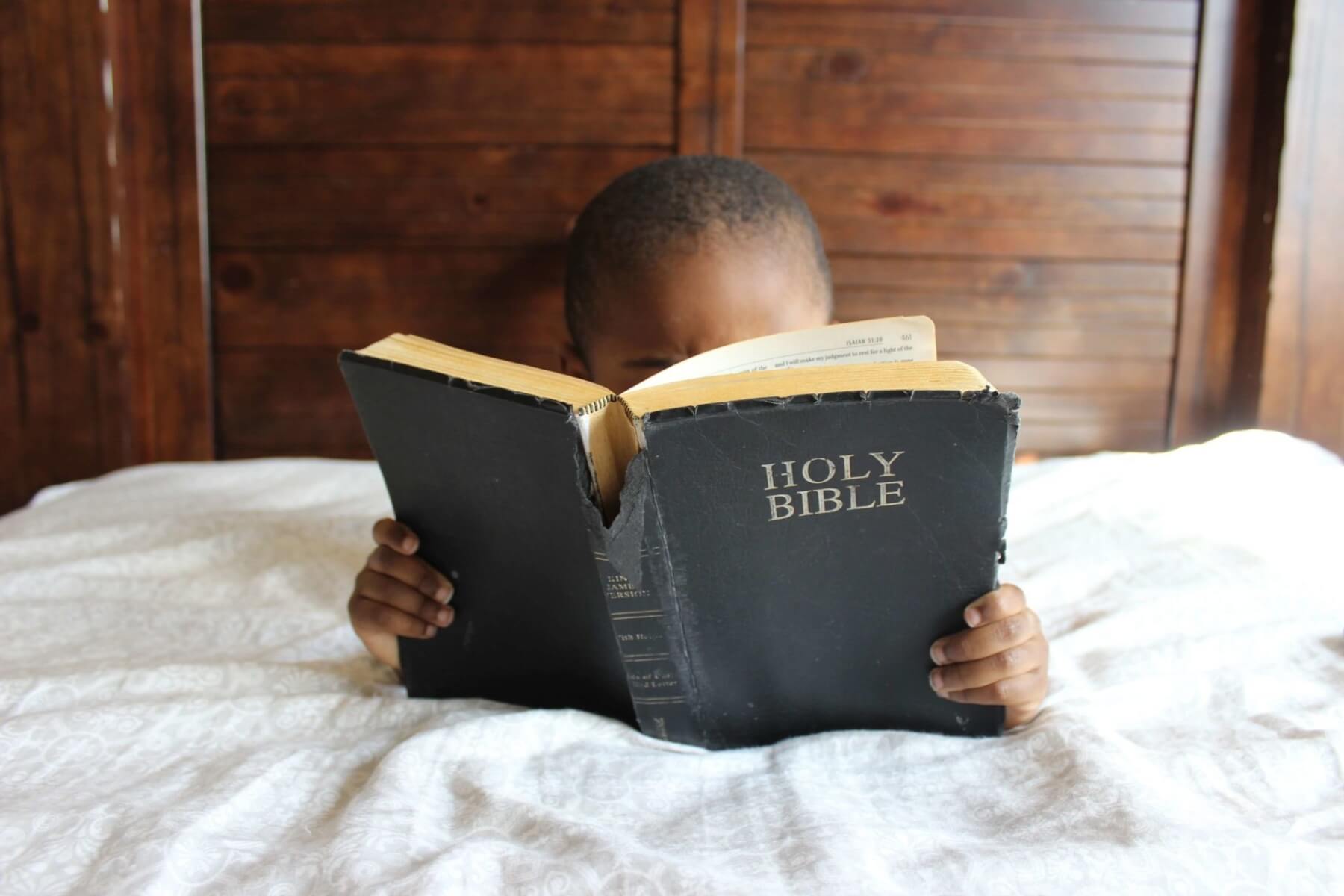Much like the number seven, the number 14 holds a valuable position in the Bible, symbolizing a full cycle or multiple cycles. This is particularly noticeable in Christ’s genealogy, wherein Matthew charts out three separate groups of 14 generations connecting Abraham right through to Christ.
With 14 being a multiple of seven, we immediately anticipate that it’ll feature in scripture – and it does! Let’s take a closer look at this number and marvel at how God, who is definitely a God of order and structure, has woven it into His Word.
The Number 14
The number 14 pops up in a few different places as we go about our daily lives. It’s the number of days in a fortnight and is sometimes the name of the thirteenth floor for superstitious reasons. There are 14 pounds in a stone.
In many countries, it is the age of the first steps into adulthood as a minimum age to work (with permission), or in some places in Canada, buy a movie ticket for an A14+ movie independently.
To restore the rights of slaves, it was the 14th amendment that gave citizenship to people of African descent after the Civil War. President Woodrow Wilson detailed 14 points to rebuild Europe after WWI. Let’s find out how this number features in the Bible.
The Number 14 in the Bible
With 14 immediately recognizable as a multiple of seven, Christians almost instinctively realize that it will refer to or imply completed cycles and can represent a period of time that has a beginning and an end. Let’s take a closer look.
Significant Mentions of the Number 14 in the Bible
We see the number 14 in both the Old and New Testaments used in different situations. Out of interest, in the book of Proverbs, “the fear of the Lord” expression is seen 14 times. While there are other random mentions of 14, there are some significant mentions to take notice of.
Significance of 14 in the Old Testament
Genesis 31:41 ESV These twenty years I have been in your house. I served you fourteen years for your two daughters, and six years for your flock, and you have changed my wages ten times.
Many are familiar with the story of Jacob who worked for seven years to marry Rachel only to be tricked by his uncle Laban into marrying Leah. He then agreed to work a further seven years for Rachel’s hand. The two men agreed on the period of seven years – most likely because the number seven is seen as a complete cycle by God’s design (beginning with the story of creation in Genesis 1-2).
Leviticus 23: 5 ESV In the first month, on the fourteenth day of the month at twilight, is the Lord’s Passover.
To remember the LORD making a way for His people to escape the angel of death in Egypt before the exodus, the Israelites were to celebrate the Passover on the fourteenth day of the first month. This feast is still celebrated by the Jewish people, often on the 15th (which starts at sundown on the 14th).
Ezekiel 40:48 ESV Then he brought me to the vestibule of the temple and measured the jambs of the vestibule, five cubits on either side. And the breadth of the gate was fourteen cubits, and the sidewalls of the gate were three cubits on either side.
Here we see 14 as one of the dimensions of Ezekiel’s vision of a temple. To date, no temple has been built according to these dimensions. Many believe that he is describing the temple that will be erected in Jerusalem during Christ’s millennial reign after the tribulation. Some believe it will never be built.
Significance of 14 in the New Testament
Matthew 1:17 ESV So all the generations from Abraham to David were fourteen generations, and from David to the deportation to Babylon fourteen generations, and from the deportation to Babylon to the Christ fourteen generations.
Matthew lists three series of 14 generations each linking Christ to David (line of royalty) and Abraham (the nation of Israel). These connections serve to introduce Christ as the fulfillment of Old Testament prophecy as well as confirm Jesus’ heritage as a Jew. These credentials are an essential part of Jesus’ identity as the Messiah.
A closer study of the genealogy indicates that Matthew has purposefully duplicated a name, into two of the groups (Matt 1:11-12). We can’t be sure why, but he was determined to make the numbers work. The Jewish people were known for their interest in numbers – it is possible that he wanted to highlight the significance of Christ’s birth using 14, 14, 14 or maybe just make it easier for people to memorize the genealogy.
What Does the Number 14 Mean in the Bible?
As a multiple of seven, the number 14 is linked to the idea of a completed cycle. We see it in the Old and New Testaments in various contexts. For the Jews, it was the number associated with the Passover – an opportunity to remember and celebrate God’s faithfulness to His people. In the New Testament, it is associated with the genealogy of Christ, another beautiful picture of God’s faithfulness to His people (and the whole world!).
Other Numbers in the Bible
- What Does the Number 2 Mean in the Bible?
- What Does the Number 4 Mean in the Bible?
- What Does the Number 6 Mean in the Bible?
- What Does the Number 9 Mean in the Bible?
- What Does the Number 8 Mean in the Bible?
- What Does the Number 17 Mean in the Bible?
- What Does 11:11 Mean in the Bible?
- What Does 12:12 Mean in the Bible?





